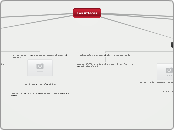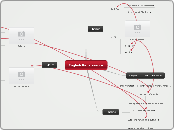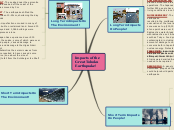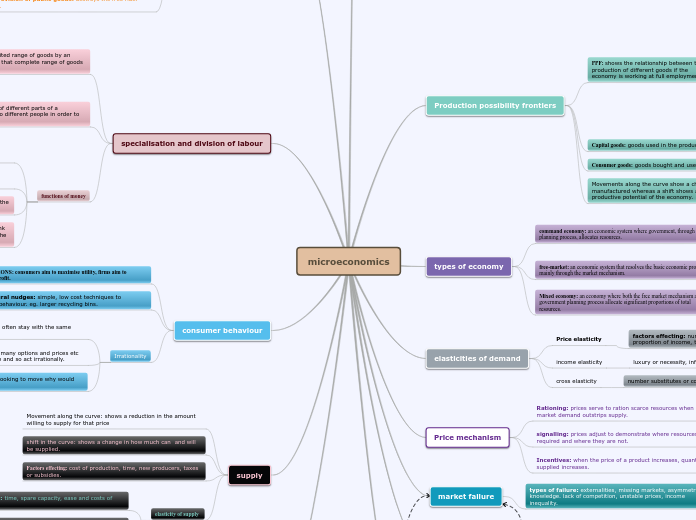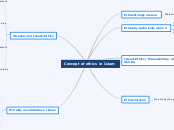Los Aztecas
la economica
state controlled use and and discribution of tributes
payments = food, slaves, and sacraficial victims
local clans apportioned lands
Tlatelolco
barter trade
controlled by the merchant class or pochteca who specialized in long distance trade
luxury ites like birds and cacao
nobles had private estates, which peasants and slaves worked on
traditional forms of agriculture
chinampas (irrigation)
4 corn crops/yr
frames that produced artificial floating islands
la cultura
belived world ended 4 times already and would do so again(calender)
RELIGOUN
art and poetry
human hearts and blood
images of flowers birds and songs
Nezhualcoyotl, king of Texcoco
wondered about afterlife
believed in invisible force that supported all gods
cult of warfare and sacrafices
tribal patron and leader= Huizilopochtli
god of the sun--> his strength was human hearts blood, therefore sacrafices
worshiped gods of nature
creator gods
gods of fertility and agricultural cysle
Tlaloc=god of rain
took toltec language, Nahuatl
los interaciones
population reached 20 million people
TECHNOLOGY
no wheel or animal power to make work simpler
women grinded corn(maiz) on stone boards called metates
took 6 hours
settlements formed around lakes = population center
group of 10,000 that migrated to shores of Lake Texcoco in central valley of mexico
las politicas
military power = supreme position because of increased conquest
for tributes and sacrafice victims
political domination without direct administrative or territorial control
supreme ruler
governing council, alliance of leaders from city states but in reality all power inhands of aztec ruler
the Great Speaker in Tenochtitlan
emperor with private wealth and public power
elected by royal family
considered a living god
each city state had a leader called a speaker
valley broken up into city states
aztecs took marsh island in center, became city called Tenochtitlan--> led to aztec domination
los sociales
ROLE OF WOMEN
inherit land/money and pass on to heirs
nobility women = polygamy
peasant women
weaving skill
domestic duties in household(cooking, cleaning, and kids)
as aztecs gained power, new classes emerged
merchants
served as spies/agents for military
own patron gods, privelages and divisions
scribes, artisans and healers
prominent NOBLE families of calpulli = local leadership
born into nobility(no mobility)
controlled priesthood and military leadership
overshadowed by military and administrative nobility of aztec state
later distinction and broke away from capulli
new class of workers(like serf) worked on their private langs
symbls of rank = clothing and hairstyle
divided into 7 calpulli(clans)
orgainzation including distribution of land, head of households,labor gangs and miltary units, temple, and school
capulli were not equal
governed by heads of families
